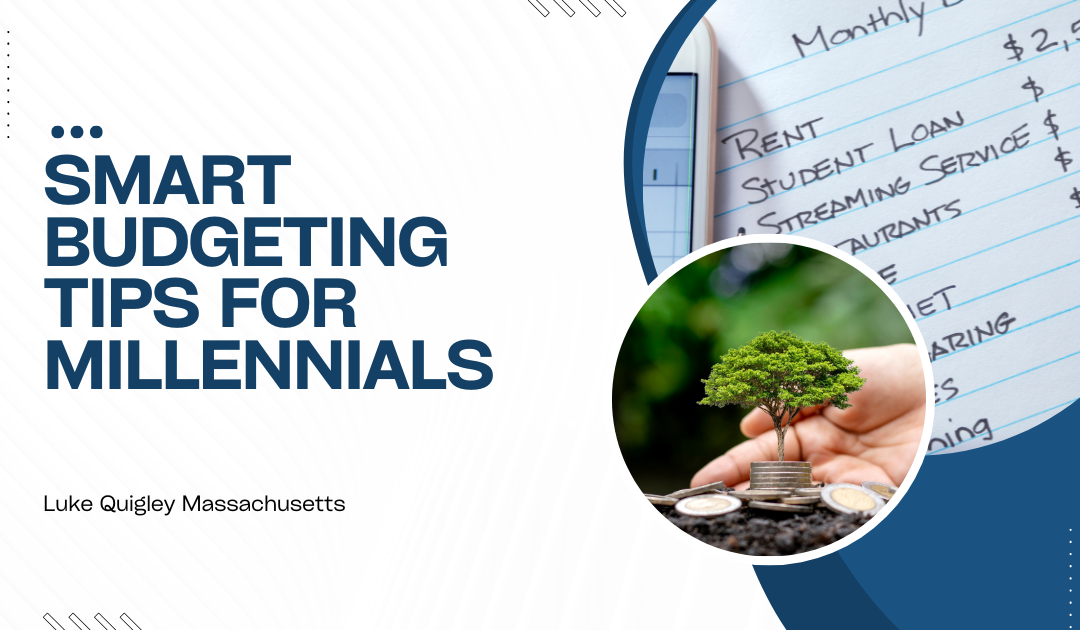In today’s fast-paced world, budgeting is more than just tracking expenses—it’s a vital skill that helps young adults secure financial independence and peace of mind. For millennials navigating student loans, rising living costs, and economic uncertainty, smart budgeting is essential. With the right tools and mindset, it’s possible to take control of your money and build a path toward long-term financial health.
A strong budget begins with awareness. Knowing where your money is going each month is the first step in gaining control over your finances. Start by reviewing your bank statements, credit card bills, and any recurring payments. Categorize your spending into needs, wants, and savings or debt repayment. Needs typically include rent, groceries, utilities, and transportation. Wants are things like entertainment, dining out, and subscriptions. Once you see the big picture, it becomes easier to identify areas for improvement.
Millennials are digital natives, and luckily, there are plenty of apps designed to make budgeting easier. Tools like Mint, YNAB (You Need A Budget), and EveryDollar can link directly to your bank accounts, categorize spending, and provide visual dashboards. These apps allow users to set limits for different spending categories and send alerts when limits are near or exceeded. Leveraging technology reduces the stress of manual tracking and helps build better financial habits.
Another key to smart budgeting is the “50/30/20 rule,” a simple guideline for distributing your income. Allocate 50% to necessities, 30% to discretionary spending, and 20% to savings or debt repayment. This flexible rule works well for most income levels and encourages a healthy balance between enjoying life now and planning for the future. If you’re paying off student loans or building an emergency fund, you may consider adjusting the ratios temporarily.
Cutting costs doesn’t have to feel restrictive. It’s about being intentional with your money. Simple swaps—like cooking at home more often, canceling unused subscriptions, or choosing generic brands—can free up significant cash. Use cashback apps or loyalty programs to earn rewards on everyday purchases. Set spending limits before you shop and avoid impulse purchases by following a 24-hour rule: if you want something that’s not essential, wait a day before buying it.
Automating your finances is a smart move that makes saving feel effortless. Set up automatic transfers from checking to savings accounts on payday. If your employer offers direct deposit, split your paycheck between different accounts. Consider using separate accounts for bills, spending, and savings to avoid mixing funds. This method reduces the temptation to dip into money that should be reserved for essentials or future goals.
An emergency fund is a cornerstone of any budget. Life is unpredictable, and having three to six months’ worth of expenses saved up can make a world of difference during tough times like job loss or medical emergencies. Start small if necessary—even $500 in savings is better than nothing. Prioritize this fund over extra discretionary spending until it’s fully funded.
Debt can be a major burden, especially for millennials juggling student loans, credit cards, and car payments. A good budget prioritizes debt repayment alongside saving. The snowball method focuses on paying off the smallest debts first for quick wins, while the avalanche method targets the highest interest rates for long-term savings. Choose the method that keeps you motivated and on track.
Long-term goals should also be part of your budget. Whether you’re saving for a vacation, a home, or early retirement, assign those goals a dollar amount and deadline. Break the amount down into monthly contributions and treat them like recurring bills. Keeping your goals in sight gives purpose to your budget and reinforces positive habits.
Lastly, review and adjust your budget regularly. Life changes—so should your budget. Revisit your plan every few months or whenever there’s a major shift in income or expenses. Reflecting on your progress helps you stay accountable and make informed decisions moving forward.
Budgeting doesn’t mean you can’t enjoy life—it means you’re making sure you can enjoy it without unnecessary financial stress. With discipline, the right tools, and clear goals, millennials can take charge of their financial future and build lasting wealth.

